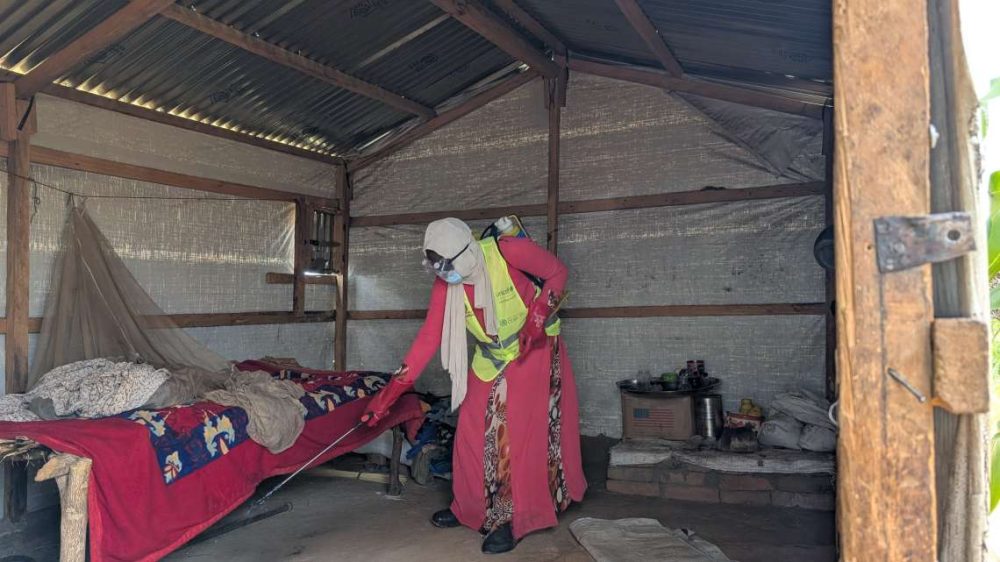The report highlights that unicorns now account for 33% of India’s total funding in 2024, showcasing the significant weight these startups carry in the overall financial ecosystem
India has emerged as the second largest global hub for the creation of unicorns, with a remarkable addition of six new unicorns in 2024. This surge has propelled the collective valuation of Indian unicorns to over $220 billion, marking a significant milestone for the nation’s tech startup ecosystem. According to a recent report by Nasscom, in collaboration with Zinnov, India’s unicorns now represent a major part of the global startup landscape, underscoring the country’s growing influence as a key player in the world of innovation.
The report highlights that unicorns now account for 33% of India’s total funding in 2024, showcasing the significant weight these startups carry in the overall financial ecosystem. This figure emphasizes India’s emergence as a crucial player in the global tech market, especially when compared to other startup ecosystems across the world. The report was launched on the sidelines of the ‘Startup Mahakumbh’ event, which serves as an important platform for networking and discussion within India’s rapidly evolving tech startup space.
In 2024, India saw a surge in tech startup funding, with an increase of 23% compared to the previous year. The total funding in the tech sector reached $7.4 billion, reflecting a revitalized optimism and growth across a range of industries, from Fintech to DeepTech. The number of deals also saw a 27% uptick compared to 2023, signifying growing investor confidence in India’s startup ecosystem.
A notable aspect of this growth is the increase in the number of newly founded tech startups. The report reveals that there was a 2.1X rise in the number of newly established tech startups during the year, bringing the total number of Indian tech startups to an estimated 32,000 to 35,000. This expansion reflects a thriving entrepreneurial spirit, with new ideas and businesses blossoming across the nation.
Rajesh Nambiar, President of Nasscom, spoke at the event, emphasizing the maturity of India’s startup ecosystem.
He pointed to the growth across both mature and emerging sectors, particularly in DeepTech and Artificial Intelligence (AI), as proof of the ecosystem’s maturation. “The growth across mature and emerging sectors, specifically in DeepTech and AI, outlines the Indian tech startup ecosystem’s growing maturity, evolving from being just a hub of opportunities to becoming a strategic force driving India’s digital economy,” Nambiar said.
DeepTech, which involves advanced technologies such as AI, robotics, and blockchain, is becoming an increasingly crucial area for India’s innovation landscape. In fact, DeepTech startups saw an impressive 78% increase in funding, reaching $1.6 billion in 2024. This surge highlights India’s potential to not only consume but also create cutting-edge technology that can compete globally.
The report also underscores the significant role played by startups in India’s economic transformation. Pari Natarajan, CEO of Zinnov, commented on the nation’s rising prominence in global innovation, saying, “At the heart of India’s growth, startups are fueling innovation and economic transformation. India is not just a consumer of cutting-edge technology but a creator, a leader, and an architect of innovation.”
The report also dives into the growth of startups across different stages of funding. Seed-stage startups exhibited the highest growth, with a 29% increase in total funding share compared to the previous year. Early-stage startups, which typically focus on scaling up their operations, followed with a 25% share, while late-stage startups, which are closer to maturity, accounted for 21% of the funding. This spread across stages reflects a healthy startup ecosystem, with investments being funneled into ventures at all stages of growth.
Notably, about 67% of tech startup funding in 2024 was directed toward “matured” sectors, which are characterized by high aggregate funding value and significant deal share. These sectors are proving to be resilient and continue to draw attention from both domestic and global investors, further solidifying India’s position as a leading startup hub.

Looking ahead, the outlook for Indian startups in 2025 appears optimistic. Nearly three-fourths of Indian tech startups remain hopeful about their funding prospects for the coming year. Around 98% of respondents in the survey expressed confidence in achieving substantial revenue growth in 2025, underlining the positive sentiment that pervades India’s entrepreneurial community.The startup ecosystem in India has been witnessing not only an increase in funding but also a boost in domestic investment. This week alone, Indian startups raised over $150 million, demonstrating the strength and growth of the domestic funding landscape. Among the notable deals, smallcase, India’s largest model portfolio platform, secured $50 million in its Series D funding round, led by Elev8 Venture Partners, with participation from both new and existing investors.
Additionally, 17 early-stage startups raised a combined total of $54.09 million, with the fintech sector leading the way, accounting for six of the funding deals. Fintech continues to be a hotbed of innovation and investment in India, as the country’s digital economy evolves and financial inclusion takes center stage.
According to Tracxn, a leading market intelligence platform, Delhi-based tech startups accounted for 40% of the total funding raised across India, followed by Bengaluru with 21.64%. These two cities remain the dominant players in India’s startup ecosystem, with Mumbai, Hyderabad, and Chennai also emerging as key hubs for innovation.
The government’s efforts to support the startup ecosystem continue to bear fruit. Under the Startup India initiative, 217 incubators have been selected with a total approved funding of Rs 916.91 crore (approximately $111 million) as of January 31, 2025. This support is crucial in providing the infrastructure and resources that startups need to thrive and scale.
As of now, India is home to nearly 1.59 lakh startups, according to recent data from the Department for Promotion of Industry and Internal Trade (DPIIT). The growth of India’s startup ecosystem has been nothing short of remarkable, and with continued support and innovation, the nation is well on its way to cementing its place as a global leader in technology and entrepreneurship.
India’s rise as the second-largest global hub for unicorn creation and its flourishing startup ecosystem present exciting prospects for the future. With increasing funding, a robust entrepreneurial spirit, and a growing focus on DeepTech and AI, India is poised to become a powerhouse in global innovation. The future of India’s tech startups looks brighter than ever, promising to shape the nation’s digital economy and lead the world in innovation.














